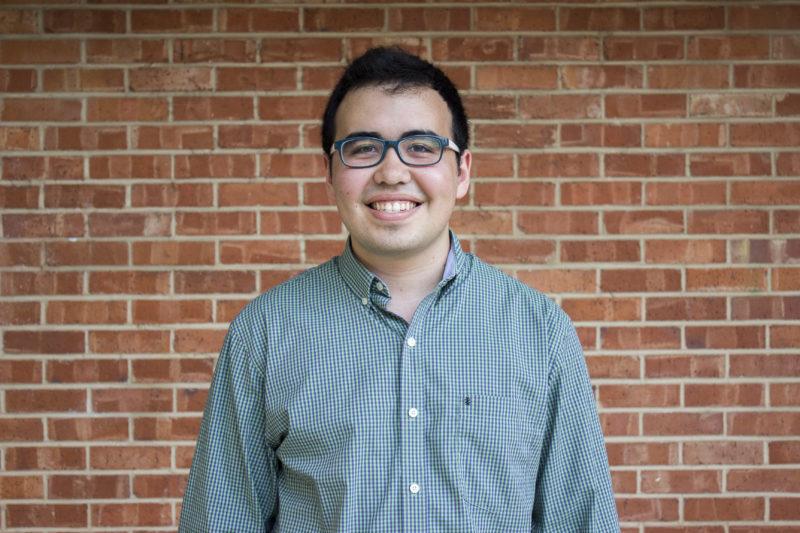This past Friday, I had the opportunity to attend the University Curriculum Council (UCC) meeting regarding the addition of a “˜common time’ to the weekly class schedule. This proposed open period would last from 11:20 a.m.”“12:30 p.m. on Mondays, Wednesdays and Fridays, and would provide more time for faculty to meet with each other and with students. Added side benefits include a guaranteed period in which students can eat lunch or meet with student organizations.
While I was originally excited by the prospect of an open period for students to pursue extracurricular activities, I quickly began to realize the downsides of this proposal.
The lines for lunch in Mabee and Coates University Center, which are already inconveniently long during the lunch rush “” especially on Panda Express day “” would likely be worsened by the increased flow of students during the common time.
I also heard concerns from students that this free period might push more classes to be offered later in the day, essentially lengthening the school day and making it harder for students to participate in activities outside of class. Since the common time only lasts an hour, clubs and organizations would most likely choose not to squeeze their meeting in the middle of the day when students are still in the midst of taking their classes.
The combination of these factors revealed a contradictory nature of the proposal: The plan, intended to free up students’ time, may in fact create more scheduling complications. This led to me and other students attending the meeting to question whether the common time proposal would actually help students or merely provide faculty with a convenient meeting time.
The reason I call attention to this (admittedly, dull) topic is due to one of my biggest concerns with the proposal: The lack of student representation during its development. The UCC consists of entirely faculty members save for a single student representative. The common time proposal was only presented to the Student Government Association once last year without any request for a formal vote or opinion.
Anyone who has consistently read the opinion section of the Trinitonian this semester might have noticed a common theme of calls to action for students to make their voices heard.
While larger-scale political issues are important to follow for the sake of being an active citizen, let us not forget about the decisions here on campus that need our voice if we want to see policies we can take pride in. However, sometimes the administrative organizations that enact these decisions fail to even ask for our opinion. I, for one, was only informed of the proposal a couple of days before the meeting occurred.
Fortunately, the UCC decided to convene another committee to revisit the schedule and produce a new plan that works for more students. But if the small, last-minute group of students had never attended the UCC meeting, the student body would have likely faced an entirely restructured class schedule with scant student input.
I hope that future university proposals and decisions affecting the day-to-day lives of students are given more time for consideration by the students themselves, and I encourage students to look further into campus issues that they feel passionate about. Don’t allow administrative walls or lack of proper advertising get in the way of changes you’d like to see on our campus. If administrative organizations forget or choose not to include us, we have to rely on existing student networks, such as the Overheard at Trinity group on Facebook or the Trinitonian, to spread the word about topics that affect us. Faculty at Trinity are ready to listen to us, but sometimes it’s a matter of letting them know that we actually have an opinion in the first place.







